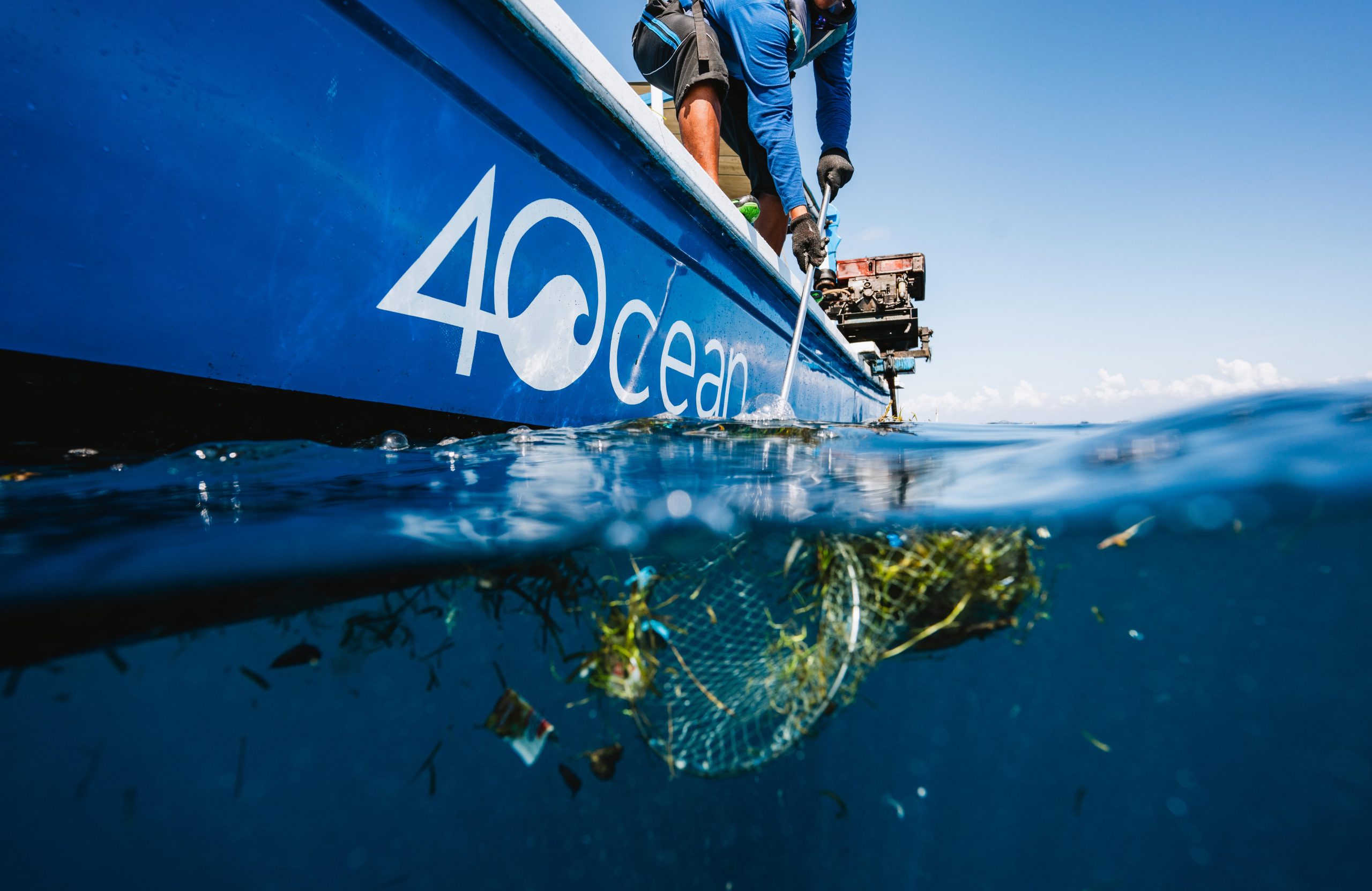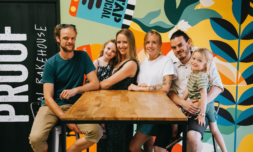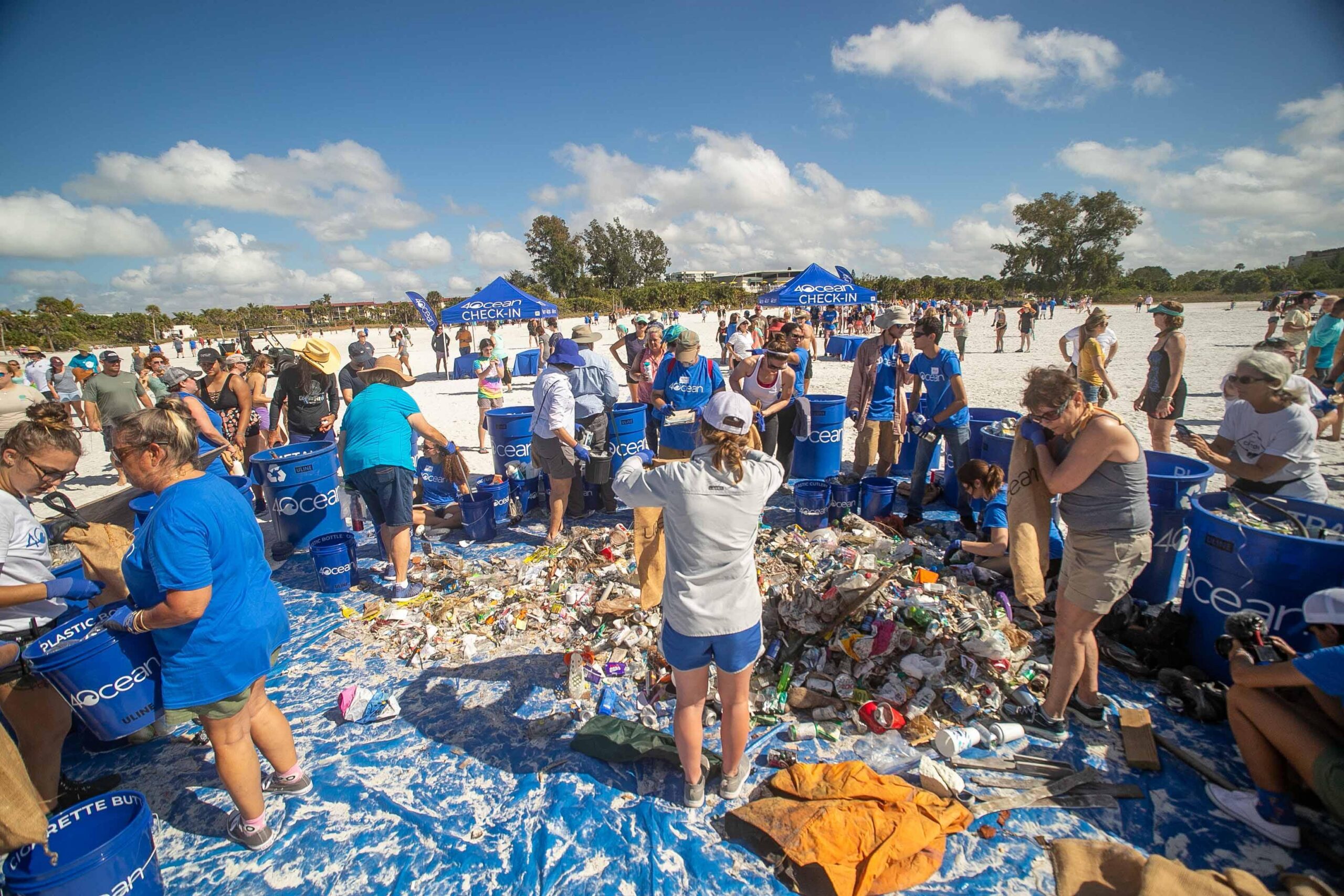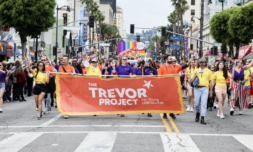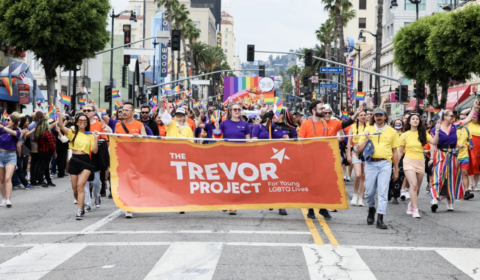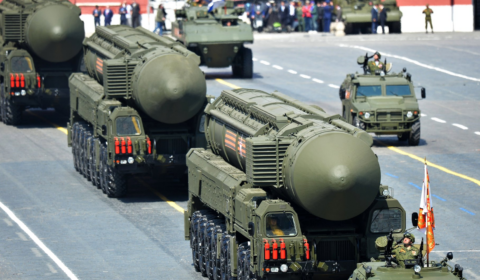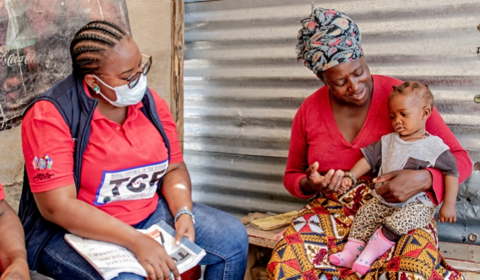4ocean has set the world record for most trash collected from our oceans by a single organisation – a whopping 30 million pounds and counting. To celebrate this achievement, let’s take a detailed look at the organisation’s journey.
You’d be hard pressed to find a beach that doesn’t have various sized pieces of plastic littering its shorelines these days, but one amazing organisation is on a mission to make that reality a thing of the past.
The team at 4ocean has broken the world record for collecting the most amount of ocean pollution by a single organisation. Retrieving 30 million pounds of waste from the sea has been no easy feat – and it all started with two guys on a surfing holiday.
In 2015, Alex Schulze and Andrew Cooper noticed the high level of ocean plastic pollution while catching waves in Bali, Indonesia.
The pair with local fishermen about the impact that plastic was having on their livelihoods, and soon realized they could build a business that paid captains and crews to recover man-made waste from the ocean instead of catching fish.
On the flight home, Alex and Andrew came up with ideas for products that would fund their mission. They decided on a bracelet – a wearable symbol of their cause that would open the door for more conversations about plastic pollution.
The bracelet also acts as a physical reminder for the wearer to make eco-conscious choices, such as refusing single-use plastics. Not long after, their mission was set into motion and continues to expand around the world.
‘All of our captains and crews live in the communities we serve and are hired as full-time employees,’ says Alex.
‘Our bracelets are handcrafted by artisans living in either Guatemala or Bali, with each item purchased funding our clean-ups and creating jobs that provide the steady income people in these communities need right now.’











